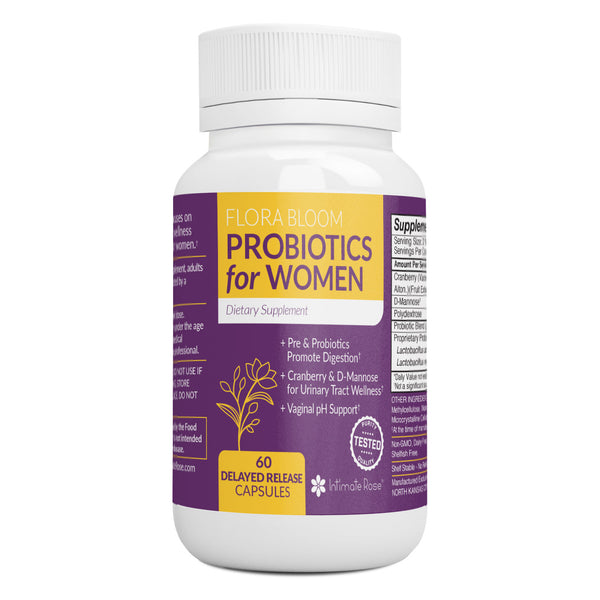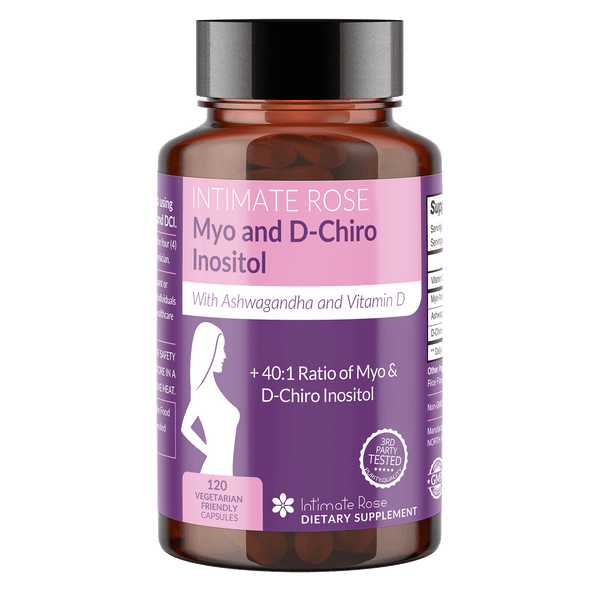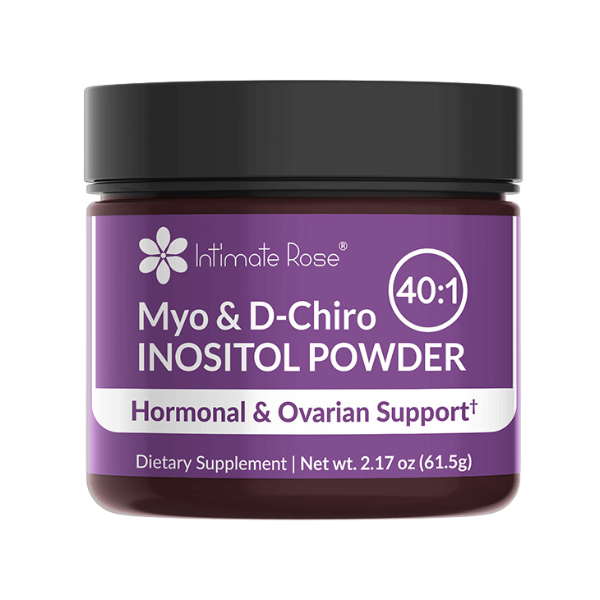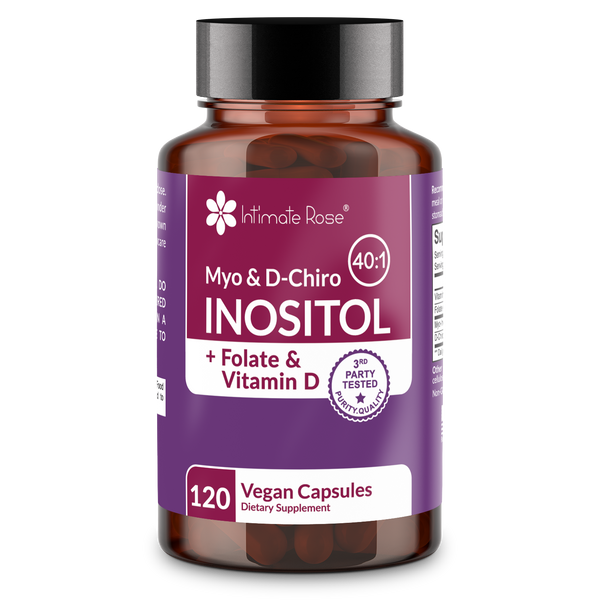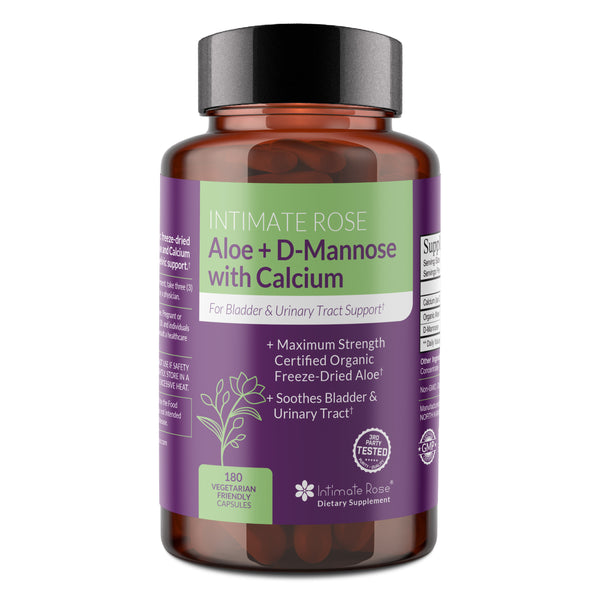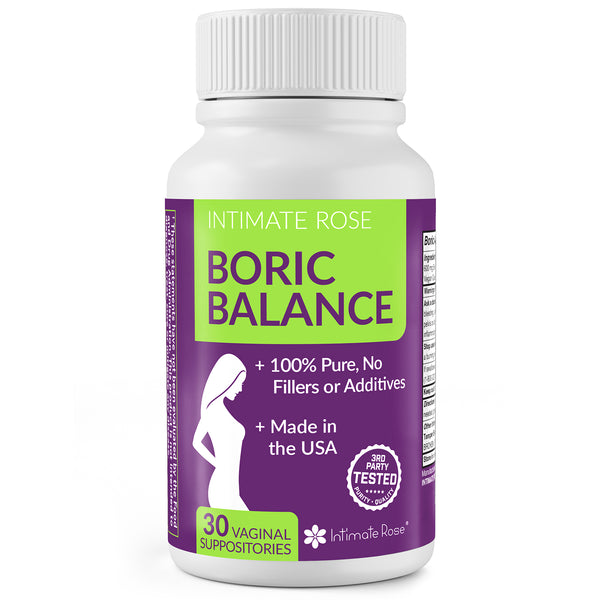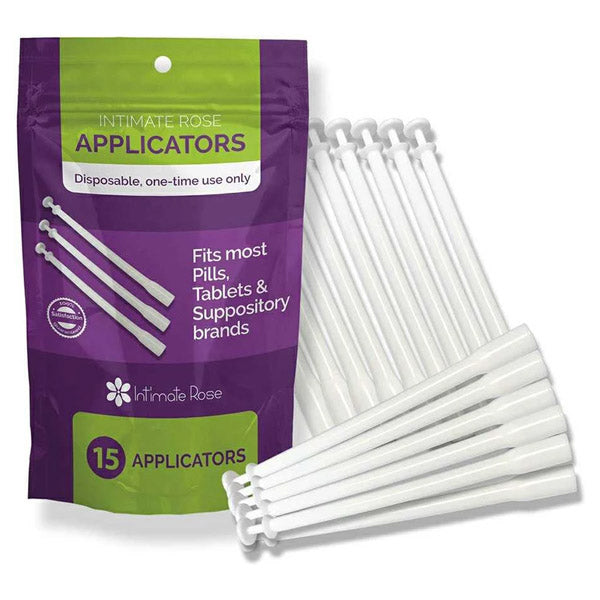Discharge | Why Vinegar | Tips for Vaginal Health | Products | Conclusion
Influenced by your diet, hormones, hygiene habits, lifestyle, and even the clothes you wear, the aroma of your vagina and its discharge can tell a lot about the health of your genitals.
In this article, we’ll discuss one of the most common vaginal discharge smells, what it means, how to treat it, as well as some easy tips to keep your vagina smelling fresh and feeling healthy. But first, let's dig into what discharge is and what's normal.
What Is Vaginal Discharge?
All vaginas produce fluids to maintain a healthy, moist, and mildly acidic environment where good bacteria can thrive. When these fluids exit the vagina, they help to flush unhealthy bacteria and dead cells that could otherwise lead to microflora imbalances and infections.
This excreted fluid is known as vaginal discharge and it’s usually colorless or white depending on where you are in your menstrual cycle.
On occasion, unhealthy hygiene habits, certain medications, fluctuating hormones, or unprotected sex can alter the vagina’s healthy environment and result in changes to the aroma, color, and viscosity of your vaginal discharge.
The following is a breakdown of the most common vaginal discharge smells, what they mean health-wise, and the best treatment options.
Things Off Down There?
Why Does My Discharge Smell Like Vinegar?
Vaginal discharge that smells zesty, tart, or acidic like vinegar typically indicates a healthy vagina with a normal pH level. The acidic odor comes from the presence of healthy bacteria known as lactobacilli, which are responsible for preventing the overgrowth of unhealthy bacteria in the vagina that causes infections.
Vaginal discharge that smells like vinegar is usually clear or white and nothing to worry about, as long as the odor is not pungent enough to make you wince.
What if It Develops into a Foul Smelling Vaginal Discharge?
When vaginal discharge that emits a foul odor is not due to a forgotten tampon or does not go away after a few days, it could indicate cervical or ovarian cancer.
This type of foul odor is due to cells that are lacking in oxygen dying away and infecting the cancerous tumor. However, the foul odor would typically be accompanied by one or more additional symptoms such as bloating, constipation, bleeding between periods, after menopause, or after sex, and abdominal, back, or pelvic pain.
If you experience a foul-smelling vaginal odor that does not go away or is accompanied by any of the above-mentioned symptoms, make an appointment with your doctor for testing.
Tips to Keep Your Vagina Smelling Fresh & Feeling Healthy
- Always wipe front to back after using the bathroom to avoid spreading any bacteria or feces from the anus to the vagina.
- Never douche again. The vagina knows how to clean itself and never requires a wash or douche on the inside. To keep the vagina smelling fresh, wash the outer genitals and vulva with warm water and non-scented soap every day. Then pat dry instead of rubbing to avoid friction or irritation.
- Take your diet into consideration when it comes to vaginal odors. Strong-smelling and spicey foods like garlic, onions, spices, broccoli, and asparagus can change the smell of your vagina, as can eating too much meat or drinking too much alcohol. Sugar is also known to encourage the growth of yeast and bacteria, so it is best consumed in small portions.
- Drink at least 1.5 liters of water every day to help flush toxins from the vagina and bladder.
- Wear breathable cotton underwear as opposed to synthetic materials to allow air to circulate and avoid creating a moist environment where bacteria can thrive. Loose-fitting pants are also recommended over tight jeans or leggings for the same reason.
- Avoid any fragranced vaginal products like condoms, lube, or tampons as well as fragranced detergent that could irritate the sensitive skin around the vagina and cause a pH imbalance.
- Change out of damp workout clothing or wet swimwear immediately to prevent bacteria and yeast from growing in their favored moist environment.
- Take a daily probiotic that is specifically designed for women and will help maintain a healthy vaginal microbiome that can keep infections at bay.
- Urinate straight after sex to flush any harmful germs or bacteria that may have entered your vagina during intercourse. And always use protection with new partners until you have both been tested for STIs.
The Ultimate Vaginal Bundle

Products We Recommend
Depending on the root cause of vaginal discharge, there are a few natural remedies which have been shown to improve symptoms
Conclusion
Every woman’s vagina and vaginal discharge smells unique and most scents are nothing to worry about.
However, an overpowering vaginal odor that makes you wince could require a visit to your doctor, especially if accompanied by additional symptoms like genital itching, burning, inflammation, or noticeable changes to the color of your vaginal discharge.
For optimal vaginal health, it is highly recommended that all women learn to recognize the everyday smell of their vagina so as to easily identify any pungent changes as an early indicator of vaginal infections like bacterial vaginosis, STIs, urinary tract infections or yeast infections.
References
Mayo Clinic – Vaginal Odor - https://www.mayoclinic.org/symptoms/vaginal-odor/basics/causes/sym-20050664
Annual Review Of Microbiology - Vaginal Microbiome: Rethinking Health and Disease
https://www.annualreviews.org/doi/10.1146/annurev-micro-092611-150157
National Center for Biotechnology Information - Combination of Probiotics and Antibiotics in the Prevention of Recurrent Urinary Tract Infection in Children - https://www.ncbi.nlm.nih.gov/pmc/articles/PMC3883373
European Review for Medical and Pharmacological Sciences - A promising support for acute urinary tract infections in women. A pilot study - https://europeanreview.org/wp/wp-content/uploads/2920-2925-D-mannose-a-promising-support-for-acute-urinary-tract-infections-in-women.-A-pilot-study.pdf
Centers for Disease Control & Prevention – Trichomonasias CDC Fact Sheet
https://www.cdc.gov/std/trichomonas/stdfact-trichomoniasis.htm
Hindawi – Association between Semen Exposure and Incident Bacterial Vaginosis -
https://www.hindawi.com/journals/idog/2011/842652/
National Center for Biotechnology Information – Clinicians use of Intravaginal Boric Acid Maintenance Therapy for Recurrent Vulvovaginal Candidiasis and Bacterial Vaginosis -https://www.ncbi.nlm.nih.gov/pmc/articles/PMC6878170/

Things Off Down There?






